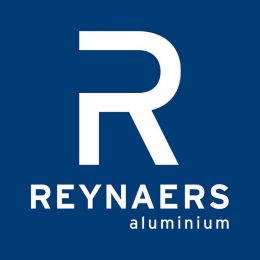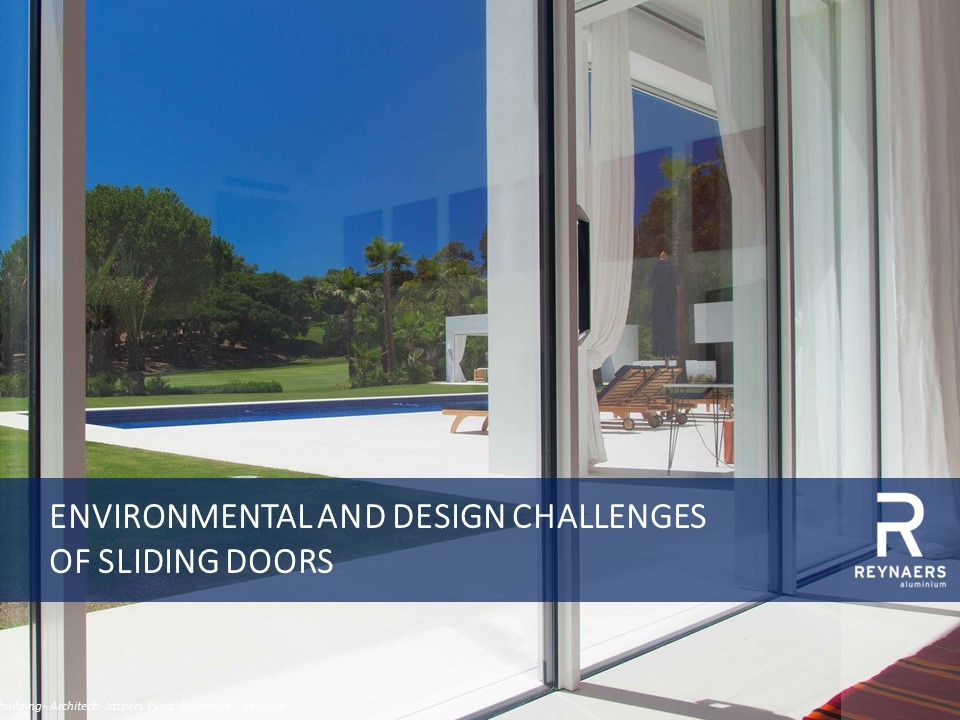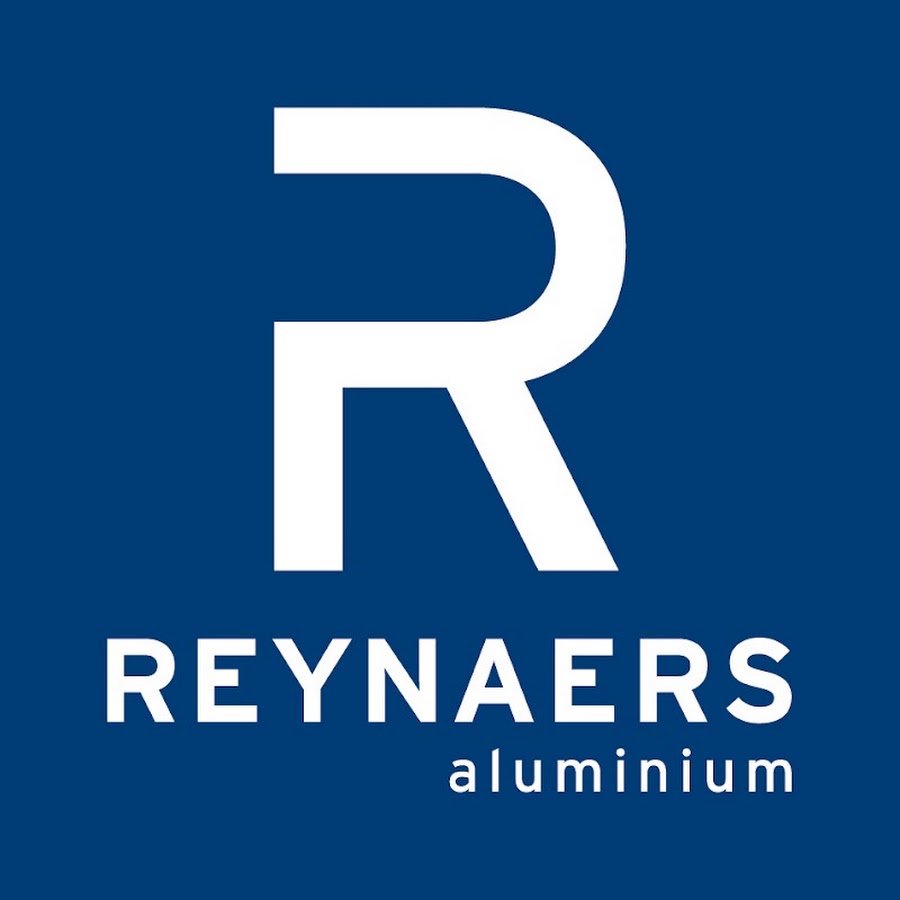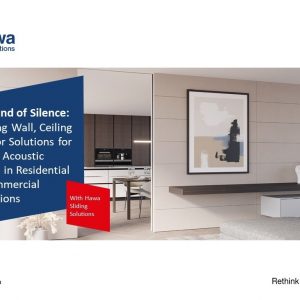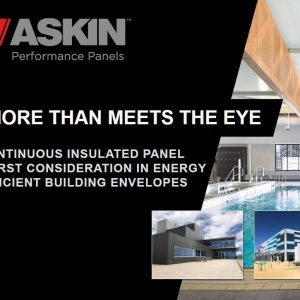
in2aplearning
T +61 9646 1007
Email: ask@in2ap.com.au
IN2AP
Suite 56/574 Plummer Street Port Melbourne VIC 3207 Australia
Environmental and Design Challenges for Sliding Doors
Note: *Available to Registered Architects and Building Practitioners only.
Environmental and Design Challenges for Sliding Doors
$0.00 – $20.66
Description
Sliding doors are used on nearly every building in each and every sector of our industry. Entrance doors to a public building, a residential building, a breakaway area or courtyard, which has become more apparent on high rise commercial buildings.
These glazing products are been installed in locations which will test them and their limitations to the absolute maximum, mainly the structural strength due to increased wind loads higher up the building as well as water tightness. Not to mention the fact that these doors are expected to span over 3 metres in some of the most exposed locations on the building.
Throughout this module we will be looking at sliding doors and the different variations of sliding doors. We will explore the environmental impacts, design considerations and common issues that require consideration when specifying sliding doors. We will look in closer detail to building movement and the subsequent effect that this has on the building remaining air tight, its acoustical performance, and water leakage.
Product Brochures
Disclaimer: All images are for the product representation only. The information contained is only for general educational purposes. The document may contain omissions, technical inaccuracies and typographical errors. It is not a legal document. Use it at your own discretion and always seek professional advise for specific circumstances. Refer to all relevant codes, standards, guidelines for compliance. Every effort has been made to assure that the information is up to date as of April 2016.
Additional information
| points | 1.0 |
|---|---|
| points-type | Formal |
| aaca-competency | Design |
| Who May Benefit ffrom this Module | This CPD module maybe of interest to architects and specifiers who seek clarification and inspiration when it comes to sliding doors and the unlimited options which are available. |
| LEARNING OBJECTIVES | 1. Describe the different types of sliding doors suitable for project applications PC39 |
